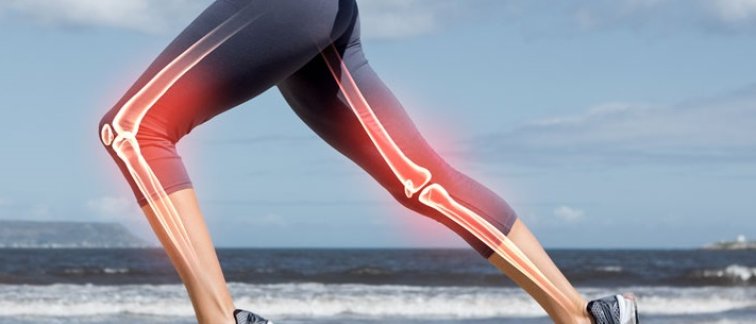We are proud and excited to announce the keynote speakers for the annual meeting on 23/03/’23!
Dr. Rob Wüst (VU) will kick off the day with a talk on his research into Long Covid, and how Covid-19 can lead to inactivity and fatigue (see abstract below). The second keynote speaker is Prof.dr. Andrew Jones (U. of Exeter, UK, and Editor-in-Chief of the journal Medicine & Science in Sports & Exercise). Professor Jones’ research focusses on the mechanism underlining speed and endurance. He worked with Eliud Kipchoge on the Breaking 2 project, the culmination of which was the first sub-two-hour marathon in history (see abstract below). These speakers will share interesting insights into the extremes of activity of human performance.
In addition to the keynote speakers there will be interesting workshops, presentations of the AMS Outstanding Paper Awards winners, a poster session with plenary pitches, and ample time to discuss research and expand your network. Make sure you don’t miss this key event on movement science, registration for the meeting has opened.
You are invited to be an active participant of the meeting by
- Submitting your abstract for the poster session (see the guidelines below). Please also consult the sample abstract.
- Submit your paper for the AMS Outstanding Paper Award. This year you can submit your paper in one of the three categories 'Basic Science', 'Clinical Science' and 'Sports & Health'. Consult the guidelines below.
- Finally AMS rsearchers who are active in valorisation are invited to submit their project for the 'AMS Outreach in Society Award 2023', you will find the application form below.
KEYNOTES:
Dr. Rob Wüst, Vrije Universiteit Amsterdam.
Skeletal muscle adaptations and post-exertional malaise in patients with long-COVID
After a SARS-CoV-2 infection (causing covid-19), a subgroup of patientssuffer from persisting symptoms, that is now called long-COVID,post-acute sequelae SARS-CoV-2 infection orpost-COVID condition. Diagnosis and pathophysiology of this new disease is unknown but likely relate closely to otherpost-viral fatigue syndromes.Skeletal muscle-related symptoms, such as extreme fatigue and post-exertional malaiseare hallmark symptoms of these patients. Post-exertional malaise is the worsening of symptoms after acute exercise, challenging the dogma that ‘exercise is medicine’. These skeletal muscle-related symptoms contribute significantly to reduced work ability and nonattendance tosocial activities, creating a significant personal and societal burden. In our translational study in collaboration with fundamental and clinical scientists at the VrijeUniversity and Amsterdam UMC,we study skeletal muscle adaptations and post-exertional malaise in patients with long-COVID. This project started as a small project for theResearch MSc Human Movement Sciences, but has exploded into a project with a lot of grant income and (social) media attention in The Netherlands and abroad.
Professor Andrew Jones, U. of Exeter, UK
What does it take to run a sub-2 hour marathon?: The physiological poetry of Eliud Kipchoge.
On 12th October 2019, the Kenyan distance runner, Eliud Kipchoge, completed a 42.2 km marathon in an astonishing 1:59:40. This feat, which many had considered to be impossible, was the culmination of many years of training by Kipchoge but also represented a triumph for sports science. In this talk, I shall outline the physiological demands of running at 21.1 km/h for 2 hours, ‘lift the hood’ on Kipchoge’s extraordinary physiology, and consider the other factors including training, nutrition, footwear and environment that were ‘optimised’ to enable the 2-hour marathon ‘barrier’ to finally be broken.
AWARDS
Note that the deadlines for the awards and for submitting your poster to the poster session is February 12, 2023. Accreditation has been requested for the meeting.

